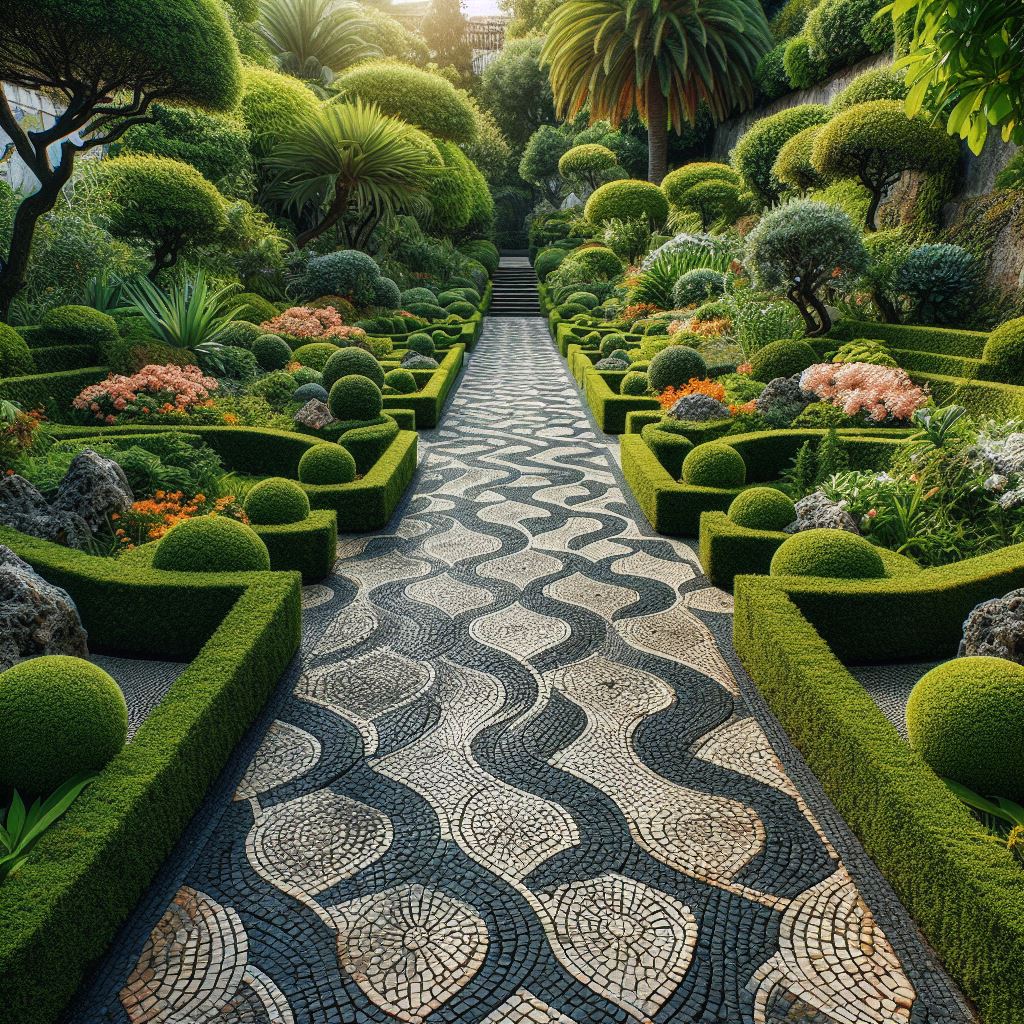【Granite – 花崗岩】という単語の語源とか由来を知っていますか?
“Granite”はラテン語の「granum」(粒子)から派生し、「小粒なもの」という意味があります。
この単語の類義語・反対語を教えてください。
- 類義語:
- Marble(大理石)
- Slate(板岩)
- 反対語:
- Soil(土壌)
- Sand(砂)
この単語に似た単語で間違いやすい単語はありますか?
「Granite」と似た単語に「Granulated」がありますが、前者は岩石を指し、後者は顆粒状のものを示します。文脈により注意が必要です。
この単語にまつわるエピソードなどはありますか?
花崗岩は丈夫で美しい特性から、建築や彫刻、モニュメントなどさまざまな用途で利用されています。その堅牢さと自然な美しさは、多くの文化で高く評価されています。また、花崗岩の使用は耐久性があり、長寿命であるため、歴史的な建造物や記念碑にも広く見られます。
この単語を使った例文を5つほど教えてください。
- The kitchen countertops were made of polished granite, adding a touch of elegance to the modern kitchen.
- キッチンのカウンタートップは磨かれた花崗岩でできており、モダンなキッチンにエレガンスな雰囲気を加えていました。
- The majestic mountain was composed of layers of granite, standing tall against the backdrop of the blue sky.
- 雄大な山は花崗岩の層で構成され、青い空の背景に対して高くそびえていました。
- The sculptor chose granite as the material for the monument due to its durability and timeless beauty.
- 彫刻家は、花崗岩をその耐久性と時代を超えた美しさから、モニュメントの素材として選びました。
- The ancient fortress was built using massive blocks of granite, showcasing the engineering prowess of its time.
- 古代の要塞は巨大な花崗岩のブロックを使用して建てられ、当時の工学の優れた技術を見せつけていました。
- The pathways in the garden were paved with small, intricately cut granite stones, creating a charming mosaic.
- 庭園の歩道は小さな複雑に切り出された花崗岩の石で舗装され、魅力的なモザイクを作り出していました。
コロケーション
- granite countertop: 花崗岩のカウンタートップ
- granite boulder: 花崗岩の岩塊
- granite formation: 花崗岩の地層
- granite quarry: 花崗岩の採石場
- granite surface: 花崗岩の表面
- granite sculpture: 花崗岩の彫刻
- granite base: 花崗岩の基盤

